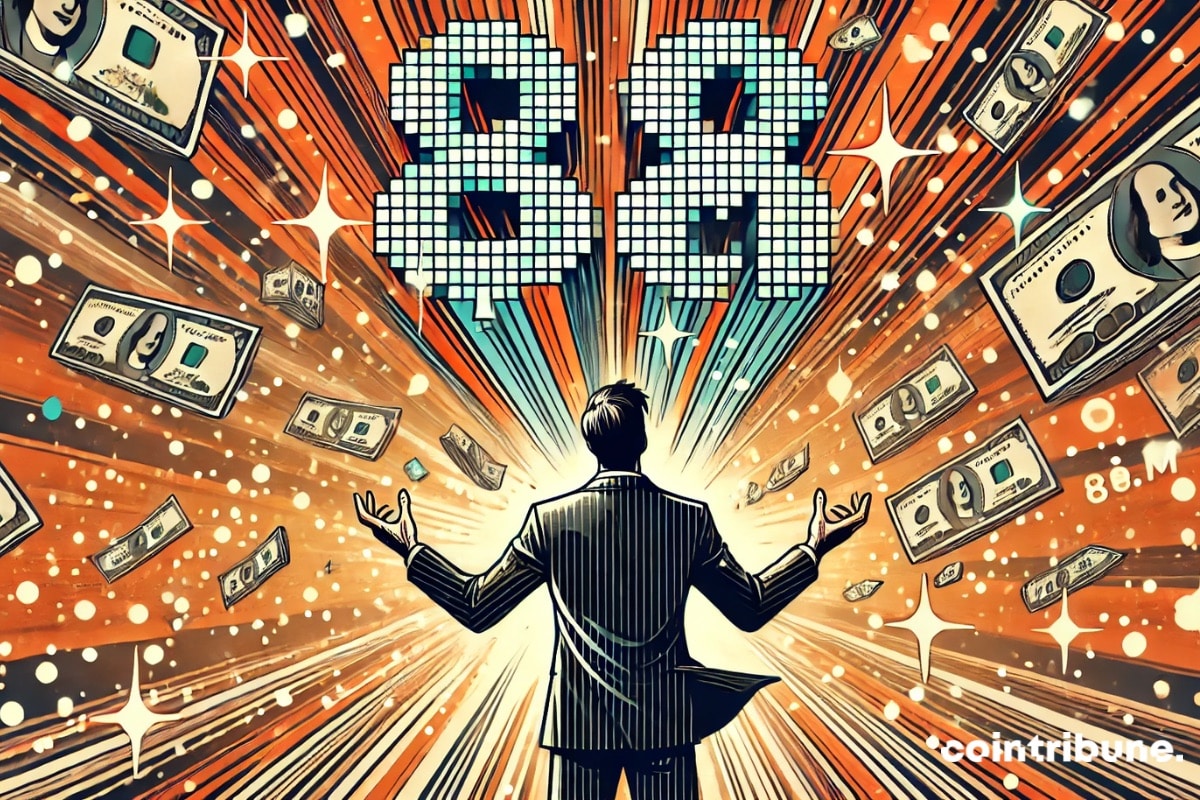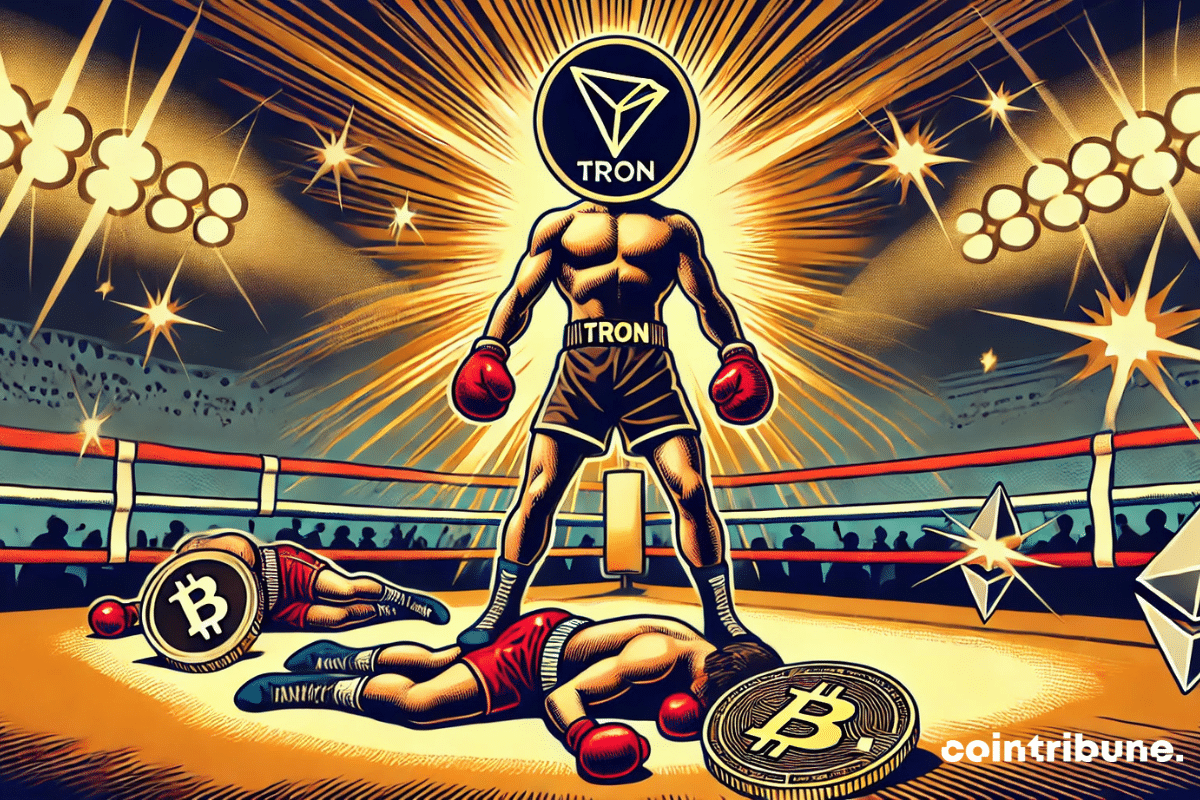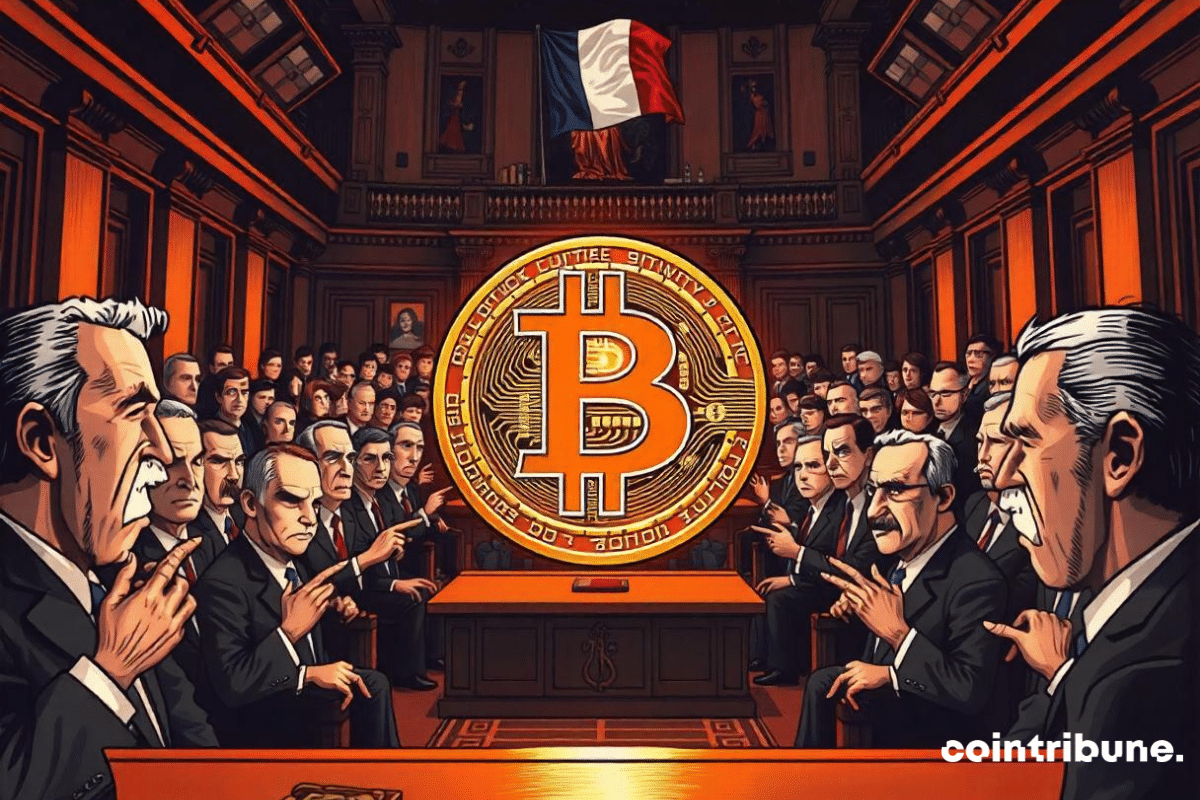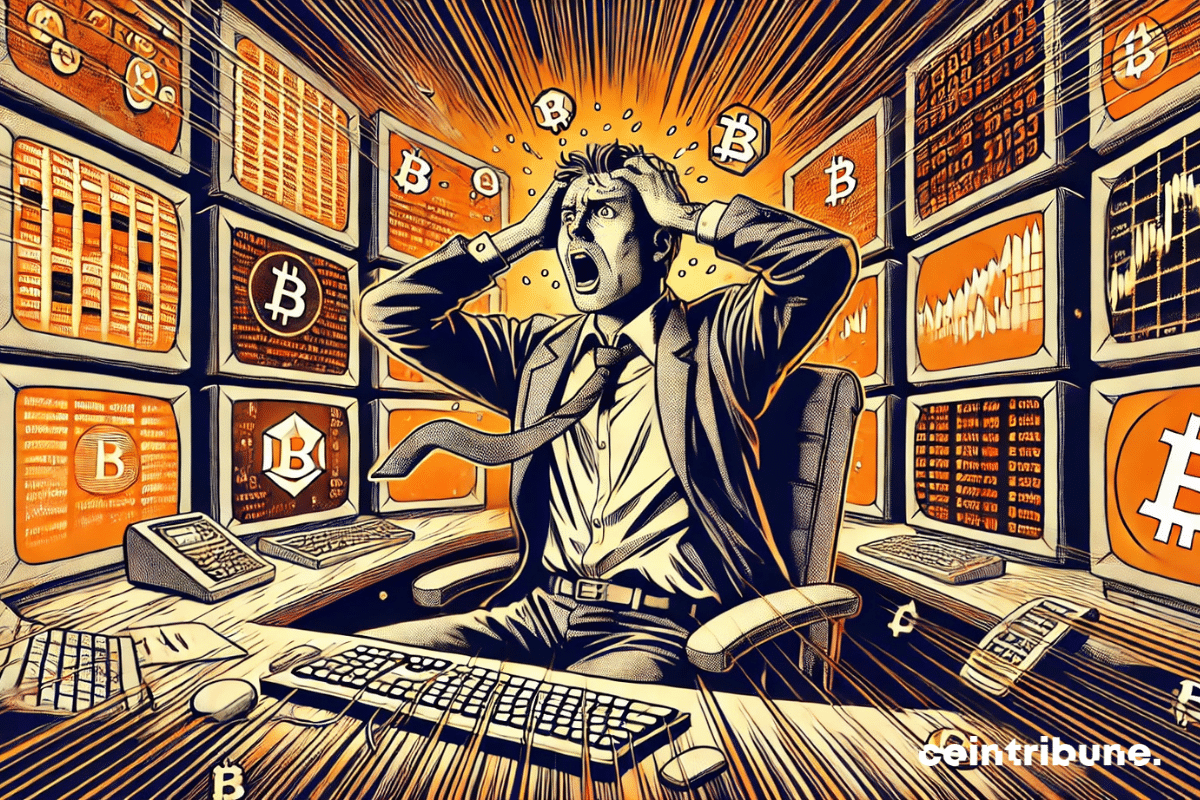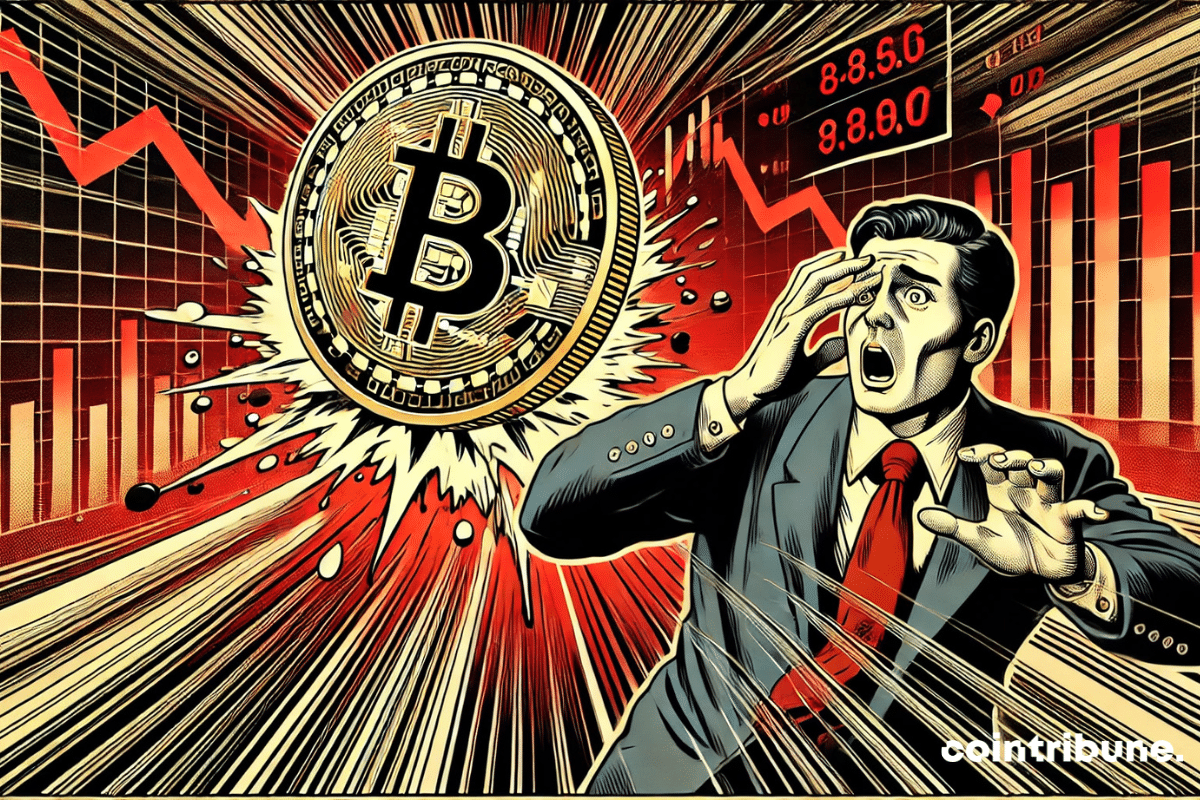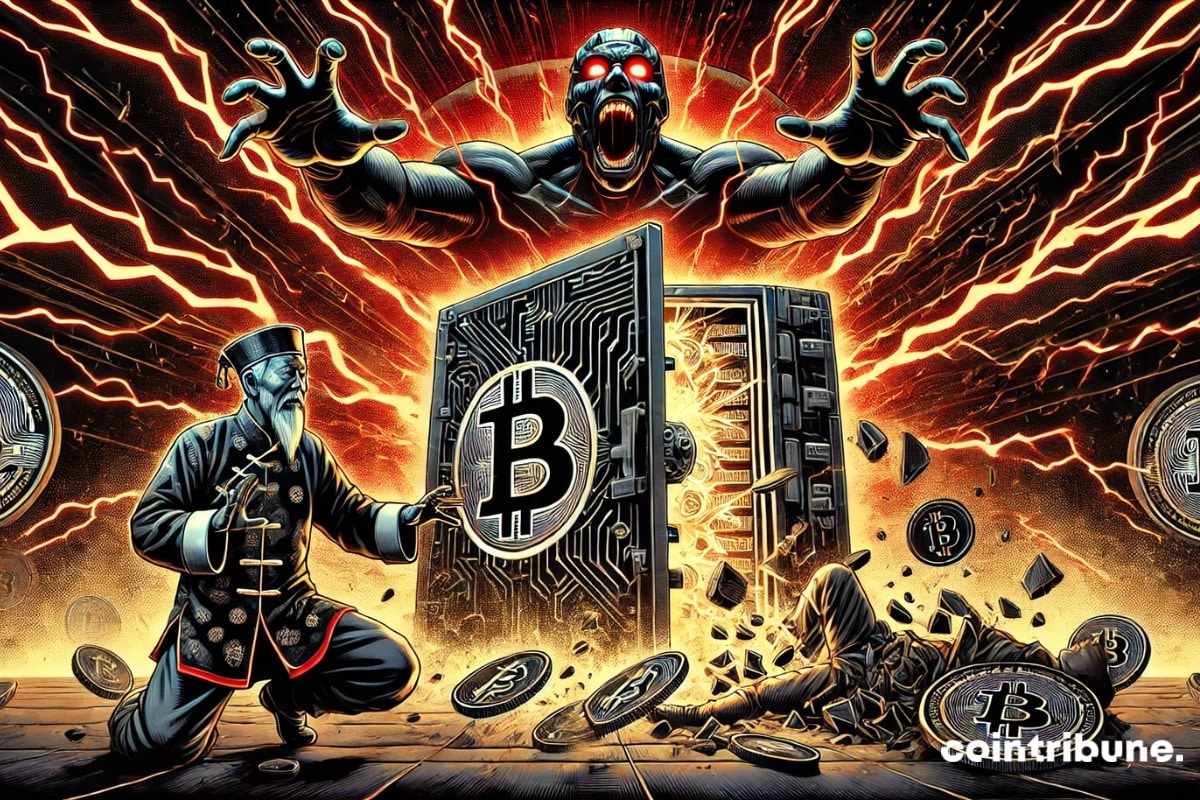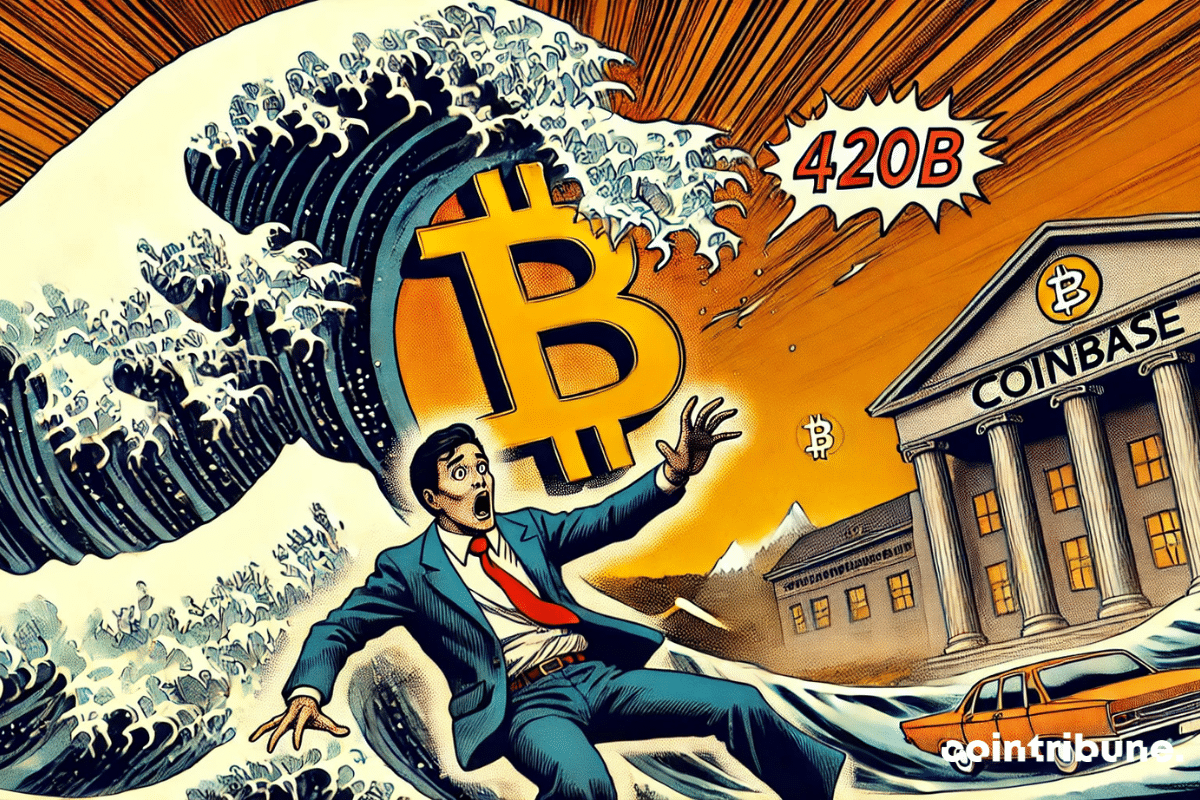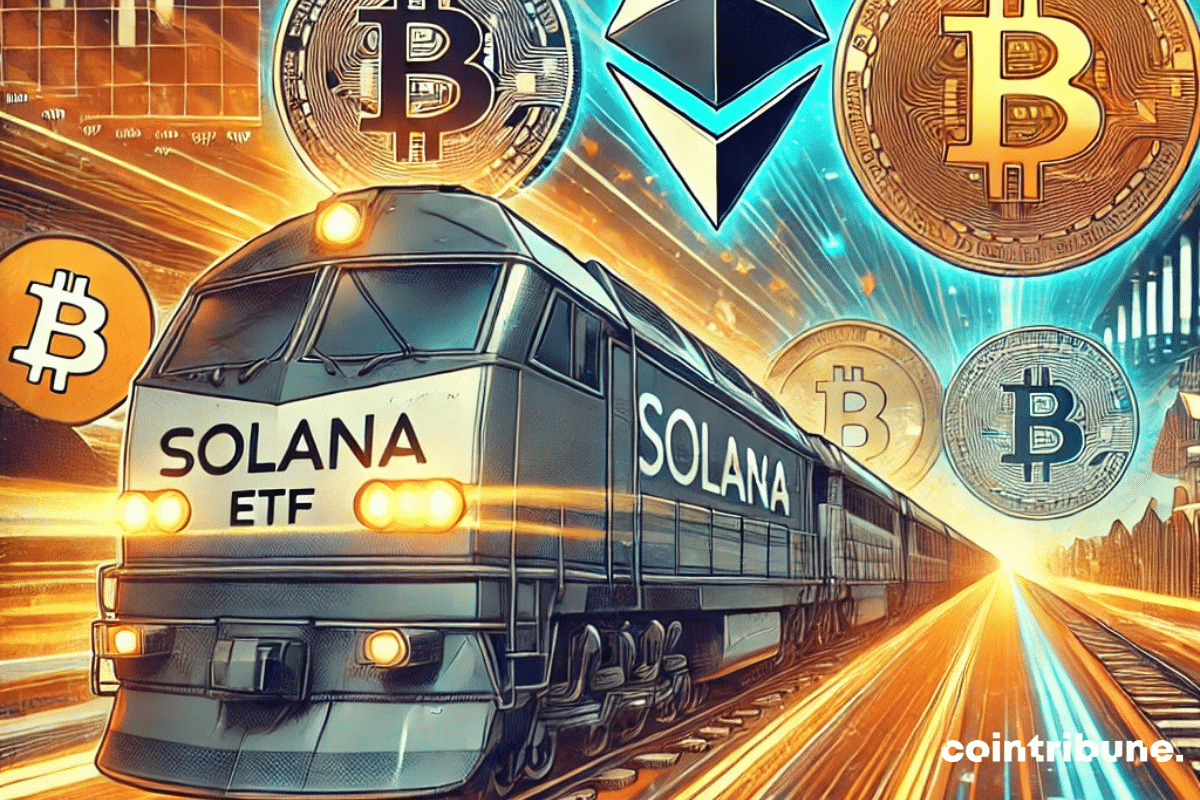This week, the crypto universe was shaken by five major events that you may have missed. From the rise of AI in DeFi to the restructuring of THORChain, along with soaring revenues on Solana and the market downturn, here are the key points to know.
Archive 2025
The financial elite is gradually abandoning gold for Bitcoin. This massive adoption could redefine the role of digital assets in the economy.
Tron, the outsider no one expected, overshadowed Bitcoin in 2024, riding a tsunami of stablecoins and memecoins, turning the blockchain into a true transaction fair.
Once is not a habit, the French government once again shows its blatant distrust towards bitcoin.
The crypto industry is going through an unprecedented phase of proliferation. With nearly 11 million tokens listed on CoinMarketCap, the market is facing dynamics that could redefine its equilibrium. This rapid expansion raises essential questions: Are we witnessing market saturation or a natural evolution of the crypto ecosystem? Between speculative enthusiasm and growing concerns about the viability of this multiplication of assets, the year 2025 marks a decisive turning point.
Financial and crypto markets are evolving amidst increasing uncertainty, and Bitcoin is no exception. As volatility intensifies, investors are watching closely the critical threshold of $93,000, a key level whose breach could trigger a cascade of massive liquidations estimated at $1.3 billion. This critical scenario unfolds in a tense geopolitical context, where the trade war between the United States and China affects all risk assets. The fear of a harsh correction in Bitcoin, long seen as a refuge against macroeconomic instability, fuels speculation and heightens investor caution.
A major threat looms over Satoshi Nakamoto's wallet, which could soon lose all its bitcoins, along with many BTC users.
The fusion of technology and power is an equation that Elon Musk seems to have made his playground. From controlling Twitter (now X) to space initiatives with SpaceX, the billionaire has made numerous incursions into spheres traditionally reserved for states. His latest initiative, targeting the U.S. Treasury's payment system, has not succeeded this time. What was supposed to be a transparency operation regarding the management of financial flows has turned into an unprecedented legal confrontation, questioning the legality of such control. In light of the controversy and the risks of disclosing sensitive information, the judiciary has ruled and imposed an immediate ban on Musk and his collaborators.
The crypto exchange Coinbase is asserting itself as a major force in the American financial sector, with over $420 billion in assets under management. This rise comes as the company fights fiercely against banking restrictions imposed on the crypto sector.
While Bitcoin and Ethereum have paved the way for ETFs, it is now Solana that is set to write a new chapter. The SEC has just ignited an unexpected fuse: the agency has started the countdown for the approval of a Solana ETF. A decision that reeks of gunpowder, as it contrasts sharply with its hostile past. But behind this turnaround lie issues far deeper than just a simple regulatory green light.
